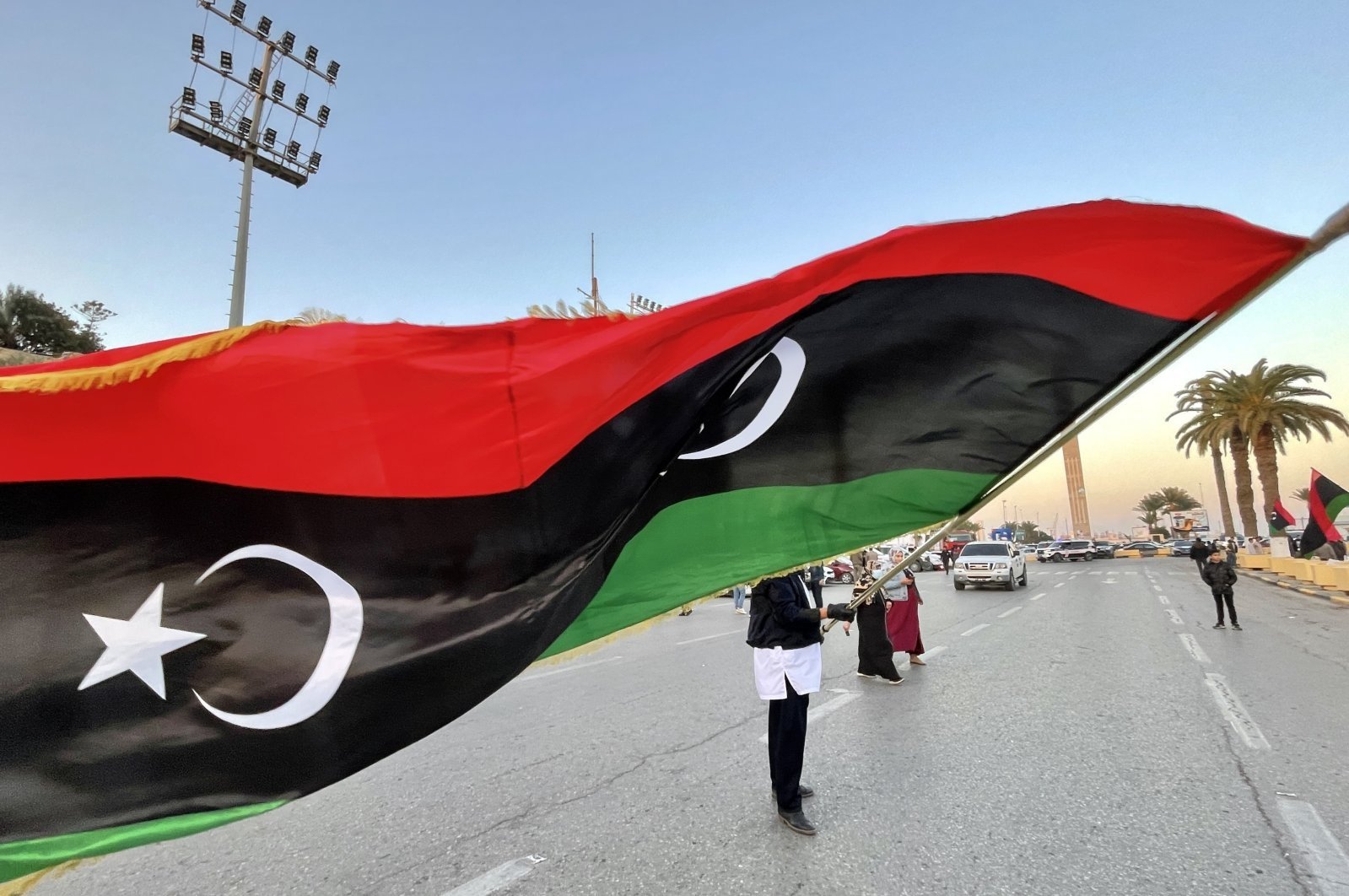Supporting Libyan owned solutions to the conflict

Photo: Daily Sabah
The momentum of 2021 inspired efforts to influence the country’s political process in Libya. CMI has supported the work through facilitation, expert support and capacity building.
Early 2021 was the most hopeful period in Libya for several years. The 2020 ceasefire had held, and the UN-led political dialogue forum had led to the selection of an interim government that was meant to pave the way towards elections – a critical step in overcoming the legitimacy deficit marking the Libyan political system.
But the momentum waned, as the intense competition and contestation by the political elites overtook the process, meaning that no constitutional basis or electoral framework could be achieved. Both are necessary steps for conducting free and fair elections. Despite all parties hanging onto the notion of elections until the last minute, it became clear that without the necessary minimum conditions in place, and good will in the form of a code of conduct amongst key actors, another round of political conflict would soon ensue. This has materialised through new competing governments.
The initial momentum of 2021 inspired many of CMI’s partners in Libya to rejuvenate their efforts to positively influence the political process: through recommendations, increased efforts to solve local conflicts and attempt at broader consensus building around the longer term challenges.
Facilitating trust-building
CMI’s local counterparts, while not central to the narrow, official negotiations, have a potentially critical role to play in the broader transition process: they include political party representatives, women civil society leaders and influential figures from Libya’s Southern region. The parties’ coordination increased and intensified in preparation for the elections – new parties emerged and old ones reactivated their work. Women came together to discuss the role of women in the lead-up to, both within parties and in their leading civil society roles. Local actors have continued throughout the year to conduct discreet trust-building work between communities in the Fezzan region.
CMI has supported all these efforts through dialogue facilitation, expert support and capacity building. Our added value in convening and supporting key stakeholder groups and local mediators, relies on strong local ownership and demand for the shared work – this is what makes CMI’s work in Libya valuable.
Results in terms of trust and confidence between political actors, parties and communities, are significant, but their impact is limited by the current weakness and fragility of the formal process. One missing piece in Libya is the involvement in a more systematic and recognised way of influential and constructive figures in a broader dialogue process geared towards a national vision for the country.
The current narrow official negotiations only seem to replicate the problem. Another question is the agenda-setting question, where only power-sharing remains the focus, and political, economic and security tracks separate. This allows space for those not wishing to see real progress on the ground to spoil the existing efforts. These issues are not easy to overcome, but the solutions will finally need to be Libyan owned, and preferably stem from a broader consensus. In the meantime, it is important not to give up on the numerous local actors working to advance reconciliation and peace within their communities, and to promote the emergence of a more institutionalised, stable and accepted political system – if anything, the Libyan conflict remains multi-faceted and layered.
This article was published in our Annual Report 2021.
Saana Keskitalo / CMI